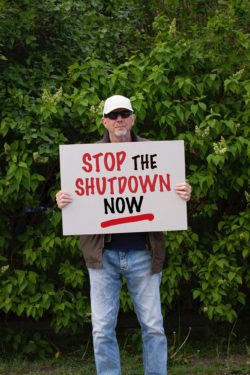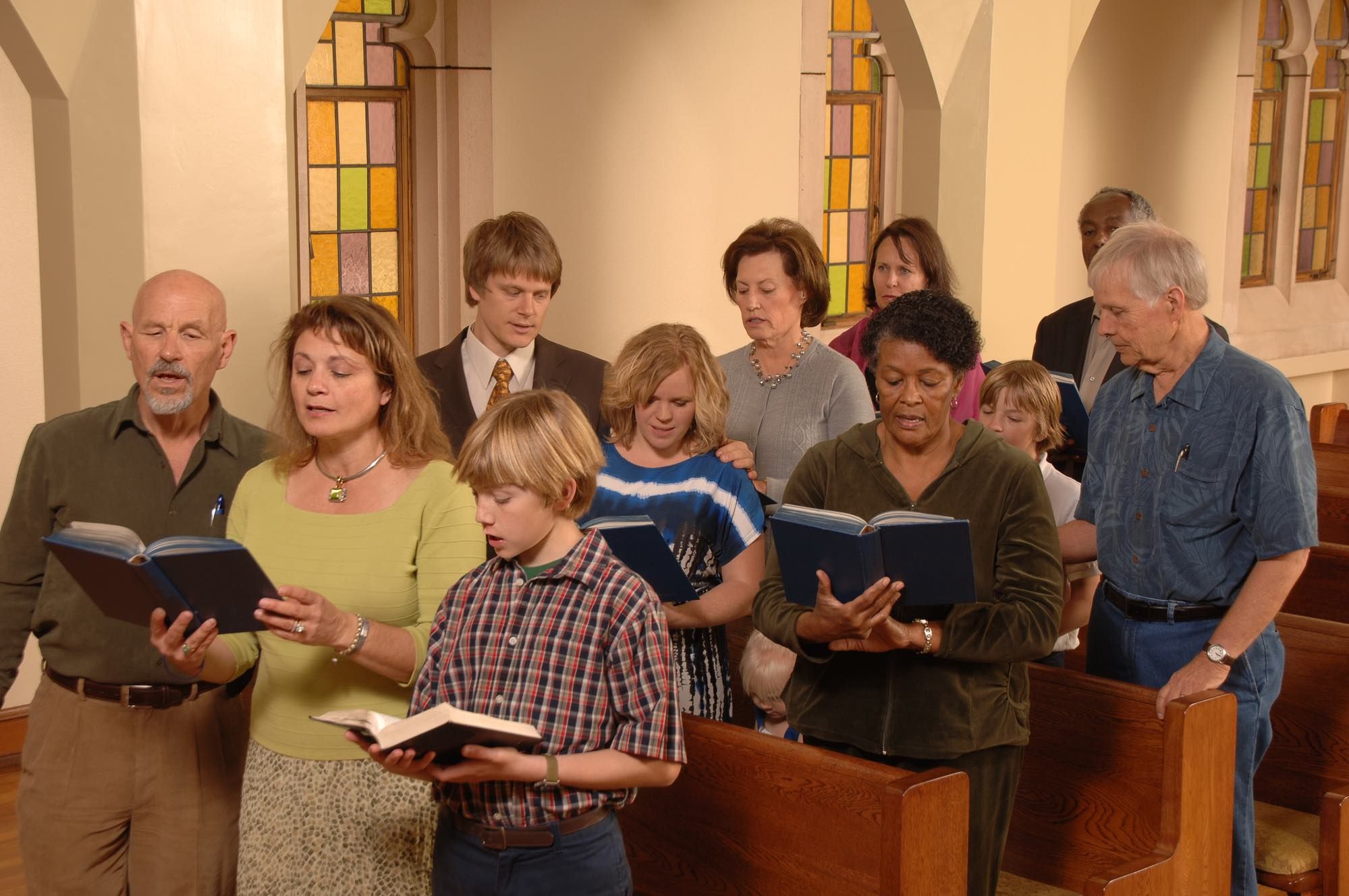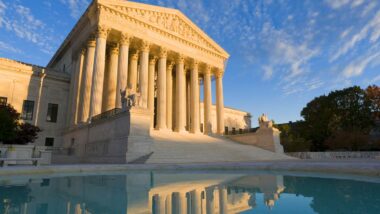Top Class Actions’s website and social media posts use affiliate links. If you make a purchase using such links, we may receive a commission, but it will not result in any additional charges to you. Please review our Affiliate Link Disclosure for more information.
Ten Oregon churches recently challenged the state’s coronavirus outbreak closures, saying that they should be allowed to hold services.
Oregon Governor Katherine Brown declared a 60 day public health emergency on March 8 after the coronavirus outbreak started to spread through the country.
Soon after the state of emergency was declared, Gov. Brown allegedly started to issue a series of additional executive orders in an effort to halt the spread of COVID-19 within the state.
“To reduce the spread of COVID-19, the United States Centers for Disease Control and Prevention (CDC) has recommended community mitigation strategies to increase containment of the virus and to slow transmission of the virus, including cancellation of gatherings of people and social distancing in smaller gatherings,” one executive order noted.
Based on these recommendations and guidance from the Oregon Health Authority, Brown’s order reportedly declared that “[i]t is essential to the health, safety, and welfare of the State of Oregon that, to the maximum extent possible, individuals stay home or at their place of residence.”
Specifically, the coronavirus outbreak executive order prohibited “non-essential social and recreational gatherings,” regardless of the gathering size, if social distancing cannot be maintained. Gatherings of more than 25 people are reportedly banned at all times and gatherings of more than 10 people are discouraged.
Although these measures aim to protect Oregon citizens from the potentially deadly complications of COVID-19, the recent coronavirus lawsuit argues that churches should be exempt from the order.
Ten churches and 21 individuals from Oregon, including Elkhorn Baptist Church, allege that Brown is infringing on their rights to freedom of religion by failing to allow citizens to worship at their local churches.
The executive orders do not specifically prohibit church gatherings, but the plaintiffs argue that religious services, wedding ceremonies at churches, and even funerals fall under the category of “celebrations.”
In addition to violating the right to religious freedom, the coronavirus outbreak executive orders are allegedly unlawful due to the length of time the order has lasted.
The plaintiffs argue that the Oregon Constitution only allows emergency powers to be exercised for 30 days following the declaration of a public health emergency. Any extensions reportedly have to be approved by legislatures through a three-fifths majority before the 30 day period expires.
Brown allegedly failed to get approval for her extended executive orders and is therefore in violation of Oregon law, the plaintiffs argue.

These injunctive measures would allegedly allow Oregonians to maintain their right to religious freedom.
“If we’re risking our lives to go to church, if we survive great,’’ the plaintiff attorney said in a statement to Oregon Live. “If we die, then we’re going to heaven. If we want to take that risk, then it’s on us.”
Following legal action from the Oregon churches, Gov. Brown reportedly modified the order to allow social gatherings of groups of up to 25 people – provided that these gatherings implement social distancing measures.
These gatherings would reportedly be allowed in Oregon counties which have state-approved plans for reopening.
Although these changes aim to provide ways for Oregon citizens to practice their religious freedom, the plaintiffs are allegedly still “having their rights trampled on with no end in sight.” Plaintiff counsel says that gatherings of only 25 people are not realistic. For example, if a congregation had 250 members, they would need to hold 10 services to serve all of their members.
However, according to a statement to the Oregonian from Gov. Brown’s spokeswoman, religious organizations are still able to “tend to the spiritual needs of their congregations without putting the health and safety of their entire communities at risk” through the modified executive orders.
Instead of physical services of full congregations, experts in the state have recommended religious organizations continue their operations through virtual video conferences, live streaming of services and even drive-in ceremonies that have been seen in certain states.
“We ask all Oregonians to follow the spirit of the Governor’s stay home order, which is to minimize gatherings outside the home as much as possible to limit the spread of COVID-19,” the spokeswoman said.
Do you believe the coronavirus has impacted your religious freedom? Let us know in the comments section below.
Plaintiffs are represented by Ray D. Hacke of Pacific Justice Institute.
The Coronavirus Lawsuit is Elkhorn Baptist Church, et al. v. Katherine Brown, et al., Case No. 20CV17482, in the Circuit Court of the State of Oregon in and for Baker County.
Join a Free Coronavirus Class Action Lawsuit Investigation
If you believe your rights were violated in a way that is directly related to the coronavirus pandemic, you may qualify to join this coronavirus class action lawsuit investigation.
ATTORNEY ADVERTISING
Top Class Actions is a Proud Member of the American Bar Association
LEGAL INFORMATION IS NOT LEGAL ADVICE
Top Class Actions Legal Statement
©2008 – 2024 Top Class Actions® LLC
Various Trademarks held by their respective owners
This website is not intended for viewing or usage by European Union citizens.
















One thought on Oregon Churches Oppose COVID-19 Worship Regulations
My Rights were extremely violated when Oregon Gov. Brown shut all business down. I’m a social person and by preventing me to stay home, has taken it’s toll on my mental health. I tried to commit suicide during these 2 months of isolation. I pray that I find peace during this difficult time. Do you think they gave a shit? Nope!